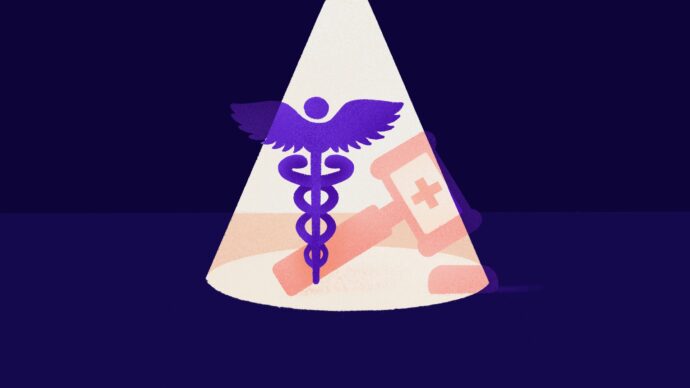Medical ethics is a branch of ethics that deals with the moral principles and values that guide the practice of medicine. It is concerned with the ethical considerations that arise in the provision of healthcare, and with the moral dilemmas that healthcare professionals may face in their daily practice. There are many topics within the field of medical ethics that are ripe for debate, and some of the most controversial and significant of these are discussed below.
One of the most controversial medical ethics topics is that of assisted suicide and euthanasia. These practices involve a physician or other healthcare professional intentionally ending the life of a patient who is suffering from a terminal illness or who has requested that their life be ended. Proponents of assisted suicide and euthanasia argue that it is a compassionate and humane way to allow patients to die with dignity, while opponents argue that it is unethical and goes against the principle of respect for human life. This is a highly emotive and complex issue, and there is ongoing debate about whether or not it should be legalized in certain circumstances.
Another significant medical ethics topic is that of informed consent. This refers to the process by which a patient is fully informed about the nature of a medical procedure or treatment, and is given the opportunity to make an informed decision about whether or not to undergo the procedure. Informed consent is considered to be a fundamental principle of medical ethics, and is designed to protect the autonomy and dignity of the patient. However, there are situations in which informed consent can be difficult to obtain, such as when the patient is unconscious or lacks the capacity to make decisions for themselves. This raises ethical questions about who should be responsible for making decisions on the patient's behalf, and how to balance the principle of informed consent with the need to protect the patient's best interests.
Another medical ethics topic that has sparked much debate is the allocation of scarce healthcare resources. In situations where there are limited resources available, such as organs for transplant or ICU beds, it can be difficult to determine which patients should receive treatment. This raises ethical questions about how to prioritize patients, and whether certain criteria, such as age, socio-economic status, or likelihood of survival, should be taken into account. There is also the issue of rationing, which refers to the practice of limiting access to certain healthcare services in order to reduce costs. Rationing can be controversial, as it may result in some patients being denied access to potentially life-saving treatments.
Finally, medical ethics also encompasses the issue of research involving human subjects. In order to advance medical knowledge and improve patient care, it is often necessary to conduct clinical trials and other types of research involving human subjects. However, this raises ethical concerns about the potential risks to research participants, and how to ensure that their rights and interests are protected. There are also questions about whether certain groups, such as children or vulnerable populations, should be excluded from certain types of research, and about how to balance the need for scientific progress with the need to respect the autonomy and dignity of research subjects.
In conclusion, medical ethics is a complex and multifaceted field that raises a range of ethical questions and dilemmas. The topics discussed above are just a few of the many that are currently being debated within the medical community, and they highlight the importance of carefully considering the moral implications of healthcare practices and policies.





